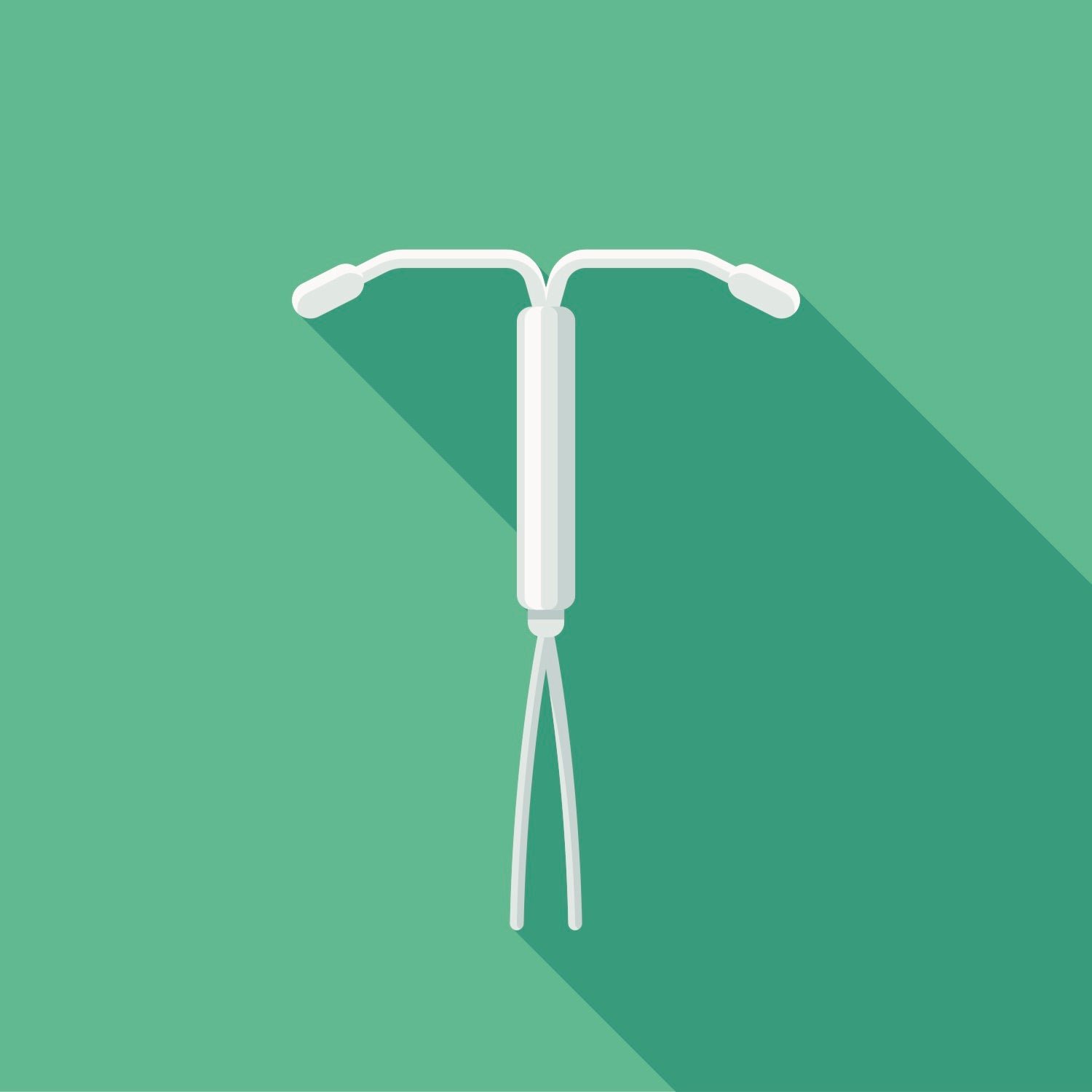What a new longer-lasting hormonal IUD means for women
The IUD, or intrauterine device, has had its fair share of both disfavor and popularity, but today it’s requested more than the pill. On Monday (Oct. 28), the US Federal Drug Administration approved a six-year duration for Liletta, a hormonal IUD. The contraceptive is now the longest-lasting approved hormonal IUD on the American market. Until now, the longest-lasting devices were Mirena and Kyleena, each with a five-year duration, along with Liletta, which was approved for up to five years just over a year ago.


The IUD, or intrauterine device, has had its fair share of both disfavor and popularity, but today it’s requested more than the pill. On Monday (Oct. 28), the US Federal Drug Administration approved a six-year duration for Liletta, a hormonal IUD. The contraceptive is now the longest-lasting approved hormonal IUD on the American market. Until now, the longest-lasting devices were Mirena and Kyleena, each with a five-year duration, along with Liletta, which was approved for up to five years just over a year ago.
Liletta is also the least expensive IUD on the US market—sometimes even free of charge with health insurance. And its debut could not be more timely. A long-term, reversible birth control option that for up to six years doesn’t have to be touched or paid further for could be a saving grace for women who have anxiety about how politics and changes in health coverage could affect their reproductive health.
Improvements in design and persistent recommendations by doctors drove a major increase in IUD insertion since 2014. Between 2010 and 2013, the use of IUDs increased from 5.6% to 10.7% (paywall) among US women using contraception. By 2018, 12% of women using contraception had an IUD. More recently, concerns over birth control access being threatened in the US is a new factor in the rise in IUD use. One study (paywall) found that IUD and contraceptive implant insertion increased by 21.6% within 30 days of Donald Trump’s election, due to concerns that he would limit access to birth control pills. In 2019, those fears are more valid than ever, as the Trump administration has compromised Title X family planning, or funding for low-income families to cover pregnancy prevention costs like birth control pills.
Not only are IUDs fuss-free and more affordable than other contraceptives, they’re also more effective than other types of birth control, especially for women who are overweight or obese. Clinical trials have shown that progestin-only pills, or morning after-pills, begin to lose effectiveness at a BMI of 30. “There are several theories as to why birth control could be less effective in this population of women that have to do with how the hormones may be absorbed, distributed, metabolized, and/or eliminated,” Jessica Grossman, a doctor of obstetrics and gynecology and CEO of Medicines360–the pharmaceutical organization that, along with a partner, Allergan, makes Liletta–tells Quartz. During Liletta’s clinical trial, the IUD proved to be more than 99 percent effective in preventing pregnancy for up to 6 years in a diverse population of women. The study population in the ACCESS IUS trial included women of various ages, races, and body mass index (BMI).
But why choose a shorter hormonal IUD over a longer-lasting non-hormonal IUD? While non-hormonal IUDs like Paragard are effective for up to 10 years, hormonal versions cause lighter periods or sometimes end menstruation altogether. A 2015 study also found that hormonal IUDs are significantly more effective than non-hormonal copper ones. Both IUD options involve fewer hormones than the Ortho Evra patch, NuvaRing, and most birth control pills, meaning fewer side effects. Improvements over the years have turned this once highly-feared contraceptive into a feminist icon for women all over the US, Canada, and Europe.
Correction: An earlier version of this article said Liletta was 99% effective regardless of users’ identifying characteristics; that sentence has been changed to clarify that it is more than 99% effective in preventing pregnancy in a diverse population. It also mistakenly attributed a quote to Medicines360 CEO Jessica Grossman that has been removed.